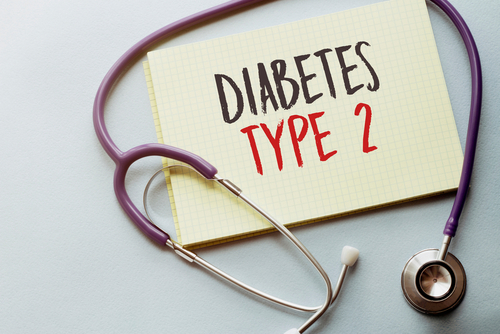
Recommendations from current guidelines call for the use of sodium-glucose cotransporter-2 (SGLT2) inhibitors independently of glycemic control in patients with type 2 diabetes as well as those with chronic kidney disease, heart failure, or at high risk of cardiovascular disease.
Researchers in Israel, led by Meltzer Cohen, MD, conducted a study designed to examine the association between long-term use of SGLT2 inhibitors versus dipeptidyl peptidase 4 (DPP4) inhibitors and kidney benefits in patients with type 2 diabetes as well as in a subgroup without evidence of cardiovascualr or kidney disease. Results of the study were reported in the Clinical Journal of the American Society of Nephrology.
Using a large Israeli database, the researchers propensity score-matched patients with type 2 diabetes who initiated SGLT2 inhibitors or DPP4 inhibitors between 2015 and 2021 1:1 according to 90 parameters. The primary outcome of interest was a kidney-specific composite outcome of confirmed ≥40% decline in estimated glomerular filtration rate (eGFR) or kidney failure. The kidney-or-death outcome included all-cause mortality.
Cox proportional hazard regression models were used to assess the risks of outcomes. The between-group difference in eGFR slope was also examined. Analyses were repeated in the subgroup of patients without evidence of cardiovascular or kidney disease
A total of 19,648 propensity score-matched patients were included. Of those 53% (n=10,467) had no evidence of cardiovascular or kidney disease. Median follow-up was 38 months.
The composite kidney-specific outcome occurred at an event rate of 6.9 events per 1000 patient-years with SLGT2 inhibitors versus 9.5 events per 1000 patient-years with DPP4 inhibitors. The event rates of the kidney-or-death outcome were 17.1 with SGLT2 inhibitors versus 22.1 with DPP4 inhibitors.
Compared with DPP4 inhibitors, initiation of SGLT2 inhibitors was associated with a lower risk for both the kidney-specific outcome (hazard ratio [HR], 0.72; 95% CI, 0.61-0.86; P<.001) and the kidney-or-death outcome (HR, 0.80; 95% CI, 0.71-0.89; P<.001). In the subgroup of patients without evidence of cardiovascular or kidney disease, the respective HRs were 0.67 (95% CI, 0.44-1.02) and 0.77 (95% CI, 0.61-0.97).
In the overall cohort, there was an association between initiation of SGLT2 inhibitors and a mitigation of the eGFR slope compared with initiation of DPP4 inhibitors. The association remained in the subgroup of patients without evidence of cardiovascular or kidney disease.
In conclusion, the authors said, “Long-term use of SGLT2 inhibitors versus DPP4 inhibitors in a real-world setting was associated with mitigation of eGFR loss in patients with type 2 diabetes, even in those lacking evidence of cardiovascular or kidney disease at baseline.”
Source: Clinical Journal of the American Society of Nephrology







 © 2025 Mashup Media, LLC, a Formedics Property. All Rights Reserved.
© 2025 Mashup Media, LLC, a Formedics Property. All Rights Reserved.